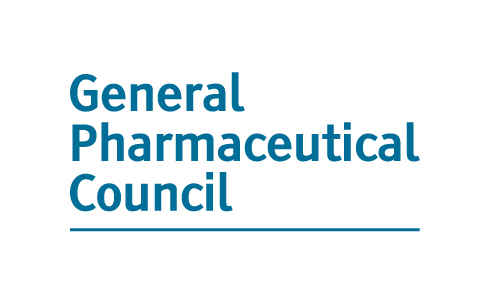Beyond the script: Pharmacies and GPs redefining chronic disease management.
)
Pharmacists are evolving, taking a leading role in chronic disease care. As demand rises, they monitor patients, optimise treatments, and provide education. How can they expand their expertise in long-term care?
As chronic conditions like hypertension, diabetes and asthma continue to increase, the healthcare system depends on pharmacists to support early intervention and patient adherence. Forward-thinking pharmacists who deepen their knowledge in disease management open doors to more impactful roles, from collaborative prescribing to tailored lifestyle counselling.
Routine patient interactions allow pharmacists to proactively manage chronic diseases—conducting blood pressure checks for hypertensive patients, reviewing glucose levels for those with diabetes and assessing inhaler techniques for asthma sufferers. Pharmacists who refine their monitoring skills can prevent complications and demonstrate their clinical value beyond dispensing.
With prescribing rights evolving in many healthcare systems, pharmacists who invest in advanced medication management training are better equipped to collaborate with GPs, adjusting treatments for maximum efficacy.
Pharmacists who upskill in behavioural coaching and lifestyle intervention can drive lasting improvements, from diabetes prevention strategies to respiratory health optimisation. Workshops, certifications and additional training in patient education can make pharmacists trusted advisors in chronic disease care.
Pharmacists who advance their expertise in chronic disease management are benefiting patients and shaping the profession's future. As healthcare demands shift towards preventative care and integrated treatment models, pharmacists who prioritise further education will be at the forefront of transformative patient support.
Now is the time to embrace continuous learning—whether through specialised training, collaboration with GPs or enhanced clinical services. By stepping beyond traditional roles, pharmacists can redefine their impact on healthcare, ensuring patients receive the proactive, personalised care they deserve.


)
)
)
)
)
)
)
)
)
)
)
)
)
)
)
)
)
)

.png/fit-in/500x500/filters:no_upscale())
)
)
)
)
)
)
)
)
)
)
)
)
)
)
)
)
)
)
)
)
)
)
)
.png/fit-in/1280x9999/filters:no_upscale())
)
)
)
)
)
